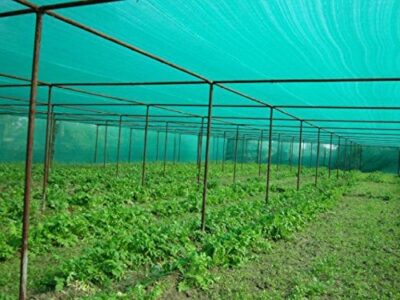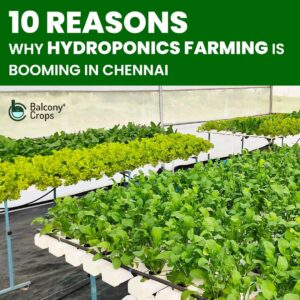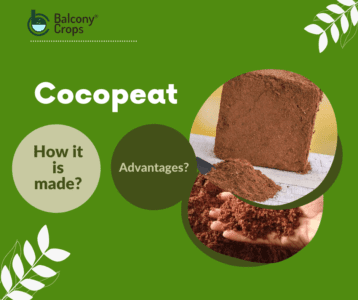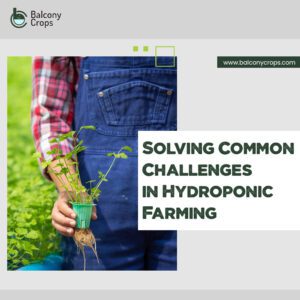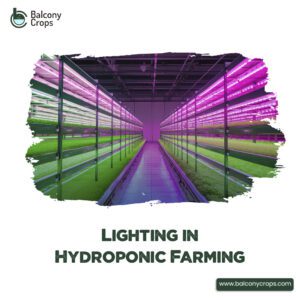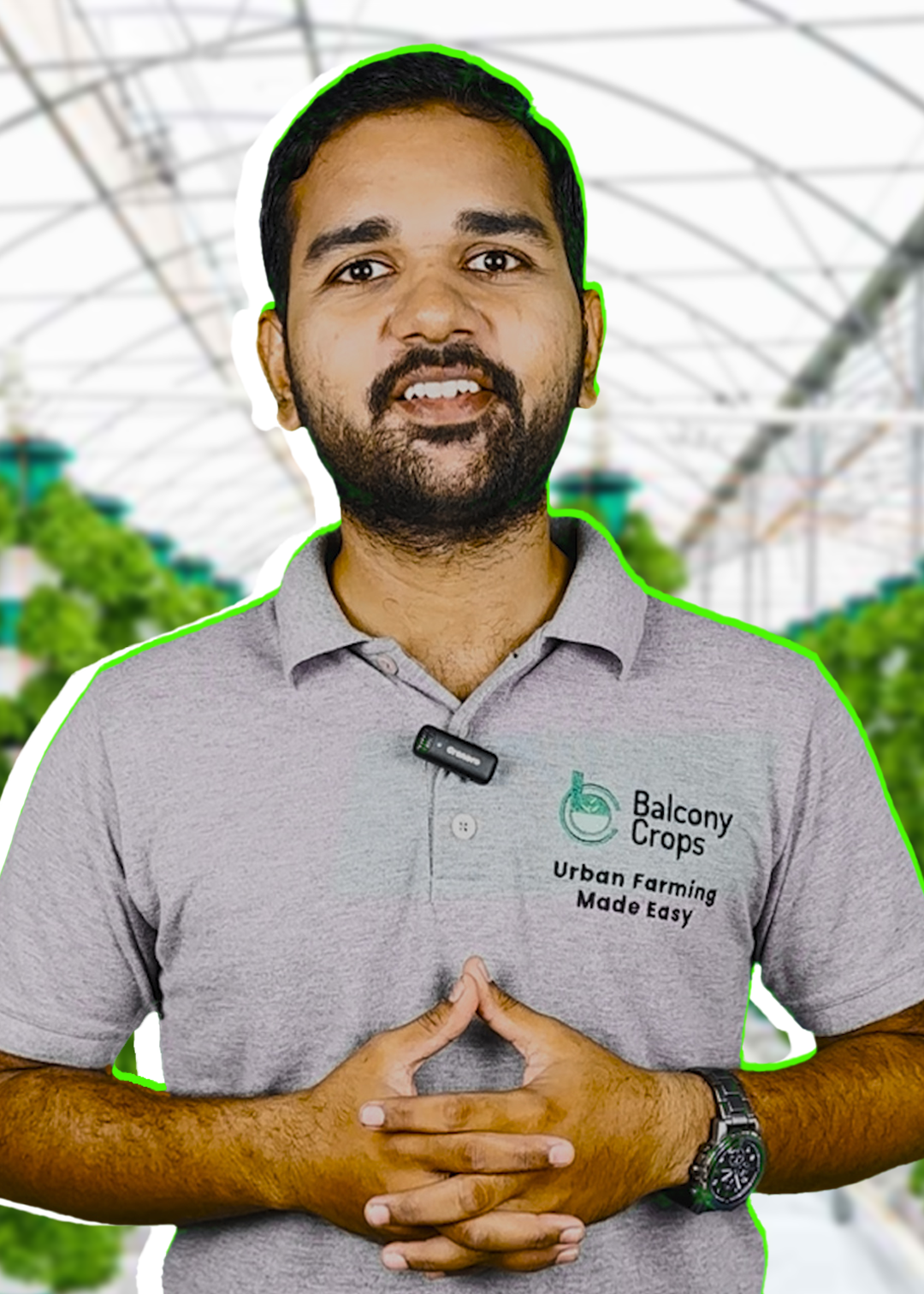Table of Contents
Hydroponic farming is a modern agricultural method that involves growing plants without soil, using nutrient-rich water as the primary growing medium. This technique has gained popularity in recent years due to its ability to produce high-quality crops using less water and space than traditional soil-based farming methods.
As the global population continues to grow, the demand for food is increasing rapidly. At the same time, there is a growing concern about the environmental impact of traditional farming practices. In this context, hydroponic farming offers a sustainable and efficient solution to meet the growing demand for food while minimizing the negative impact on the environment.
In this blog post, we will explore the many benefits of hydroponic farming and why it is considered the future of agriculture. From increased yields to reduced water usage and the ability to grow crops in urban areas, we will examine the advantages that this innovative farming technique offers.
Hydroponic Farming vs. Traditional Agriculture: A Comparison
When it comes to farming, hydroponic farming is a relatively new and innovative approach. Unlike traditional agriculture, which involves growing plants in soil, hydroponics uses a nutrient-rich solution to grow plants in water. But how does hydroponic farming compare to traditional agriculture?. Here is a table that show a comparison between Hydroponic Farming and Traditional Agriculture
| Traditional Agriculture | Hydroponic Farming |
| Requires large amounts of land, water, and fertilizer | Can be done in a controlled environment, using significantly less land, water, and fertilizer |
| Nutrients are lost and wasted in soil | Nutrient solution used in the system is recycled and reused |
| Farmers are at the mercy of weather and soil conditions | Provides complete control over the growing environment |
| Crop yields can be inconsistent | Achieves consistent yields year-round |
| Susceptible to pest infestations and diseases | Plants are grown in a sterile environment, reducing the need for pesticides and herbicides |
| Often requires the use of chemicals to protect crops | Reduces the need for harmful chemicals |
| Harvest cycles are often seasonal | Can produce crops year-round |
| Limited crop variety due to specific soil requirements | Can grow a wider variety of crops due to controlled environment |
In summary, while traditional agriculture has been the primary method of farming for centuries, hydroponic farming offers a more efficient and sustainable approach to crop production. By using fewer resources and providing complete control over the growing environment, hydroponic farming is becoming increasingly popular among farmers and consumers alike.
The Benefits of Hydroponic Farming: Increased Yields and Efficiency
One of the biggest advantages of hydroponic farming over traditional agriculture is the increased yields and efficiency it offers. With hydroponics, plants are grown in a controlled environment, where they receive precisely the amount of nutrients, light, and water they need to grow optimally. This controlled environment allows plants to grow faster and produce higher yields compared to traditional agriculture.
Another benefit of hydroponic farming is that it allows for year-round crop production. Since hydroponics is an indoor farming method, it is not affected by seasonal changes, weather conditions, or pests. This means that farmers can grow crops all year round, leading to increased yields and profitability.
Overall, the increased yields and efficiency offered by hydroponic farming make it an attractive option for farmers looking to maximize their profits and produce more crops in less time.
Environmental Benefits of Hydroponic Farming
Apart from being efficient and cost-effective, hydroponic farming also has several environmental benefits. Firstly, it helps conserve water, which is an increasingly scarce resource in many parts of the world. Traditional agriculture requires a large amount of water, much of which is wasted due to poor irrigation practices. In hydroponic farming, water is used much more efficiently, with up to 90% less water required compared to traditional agriculture. This is because the water is recirculated and reused, meaning that there is very little wastage.
Hydroponic farming also eliminates the need for harmful pesticides and fertilizers. In traditional agriculture, chemicals are often used to protect crops from pests and diseases, and to improve yields. However, these chemicals can have a negative impact on the environment and human health. Hydroponic farming eliminates the need for these chemicals, as the controlled environment and nutrient-rich water supply help to promote healthy plant growth without the use of harmful chemicals.
Hydroponics Farming in Chennai: The Future of Agriculture
Hydroponic farming is gaining popularity in Chennai as an efficient and sustainable method of crop production. With its limited space requirements and high yields, it has become an attractive option for urban farmers and restaurants alike.
One success story of hydroponic farming in Chennai is our project with The Park’s restaurant. With the challenge of a small indoor space with minimal natural light, we were able to customize a hydroponic setup in less than 20 sqft. This trial led to a successful harvest of fresh produce for the restaurant, and they are now able to serve their own home-grown greens to customers.
This success shows that sustainable growth of food is possible regardless of the environment, and more and more restaurants and individuals in Chennai are recognizing the benefits of hydroponics farming.
At Balconycrops, we are committed to promoting and facilitating hydroponics farming in Chennai and beyond. We offer consultations, customized setups, and ongoing support to help individuals and businesses start their own hydroponic farms.
If you want to learn more about hydroponics farming or are interested in setting up your own farm, get in touch with us today.



